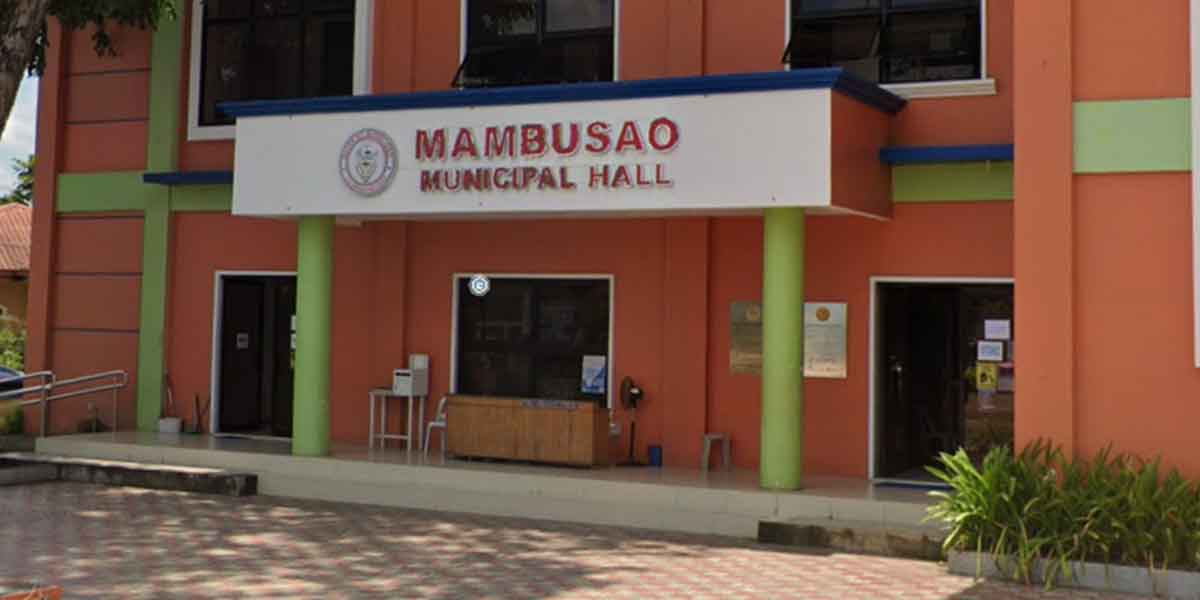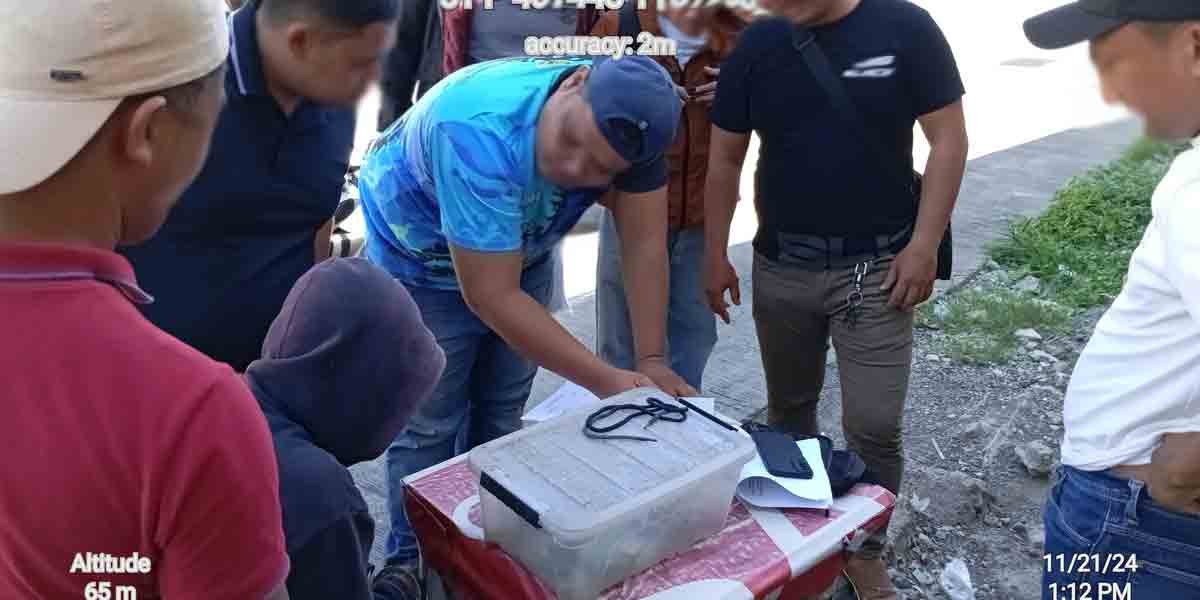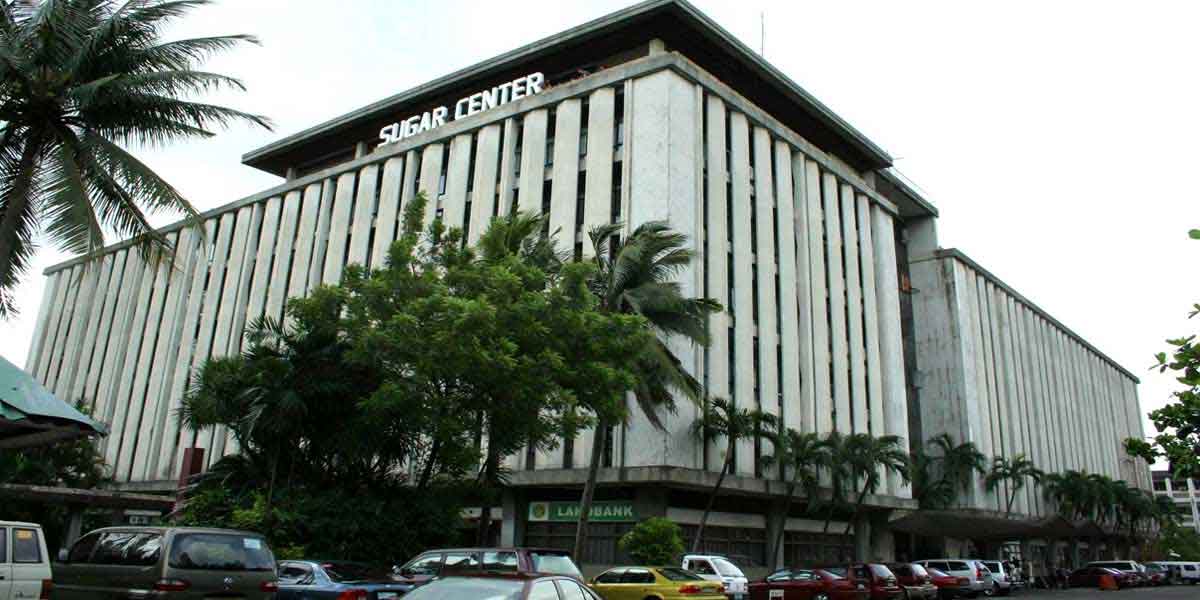By Mariela Angella Oladive
Iloilo Governor Arthur Defensor Jr. highlighted the need for proactive disaster mitigation, endorsing permanent housing solutions alongside the proposed “Ligtas Pinoy Centers Act.”
Speaking at a press conference, Defensor cited the ongoing PHP30-million housing project in Barangay Nangka, Batad, as an example of long-term disaster resilience.
“[The Ligtas Pinoy Centers Act] is good. Our PDRRMO [Provincial Disaster Risk Reduction and Management Office] has a budget for evacuation centers, and municipalities already have them in place. These facilities also serve as multipurpose venues for other events and activities,” Defensor said.
The governor recently signed a Memorandum of Understanding (MOU) with Batad Mayor Elvira Alarcon and Homeless People’s Federation of the Philippines Inc. (HPFPI) National President Nerissa Germanelo to implement the “Purok Resilience Program.”
The program aims to relocate 30 families from landslide-prone areas to a 5,000-square-meter site with modern housing units.
“We support evacuation centers, but a better approach is to eliminate danger zones. If no one is staying in a hazard area, there will be no need for evacuation,” Defensor explained.
The housing project includes durable materials, solar panels, and insulated roofs, prioritizing safety and comfort for residents. The site’s road network and drainage systems are under construction, and the project is now 10-15% complete.
Defensor emphasized the transition from reactive disaster response to proactive relocation efforts, ensuring communities are safer and more resilient.
“We’re graduating from merely responding to disasters. By relocating families to safe housing, we eliminate the need for evacuation,” he said.
The proposed “Ligtas Pinoy Centers Act,” authored by Speaker Ferdinand Martin Romualdez, mandates storm-resilient evacuation centers in all cities and municipalities.
These facilities are designed to withstand winds of up to 300 kilometers per hour and seismic events up to magnitude 8.0. They will feature sleeping areas, healthcare stations, sanitation facilities, and designated spaces for women, children, and persons with disabilities.
While Defensor supports the Act’s goals, he emphasized the advantages of permanent housing solutions like the Batad project, which he described as “more expensive but better.”
“With partnerships like the one in Batad, we can create a future where communities are safer and more prepared,” he said.
The Philippines, prone to climate-driven disasters, typically faces 20 tropical cyclones annually, with 8 to 9 making landfall.
In 2024, November alone saw four typhoons in 10 days, the most active November on record. This increased activity, likely influenced by climate change, has caused significant flooding, landslides, and displacement.
Experts and policymakers stress the urgency of enhanced disaster preparedness and resilient infrastructure to mitigate future calamities.


















